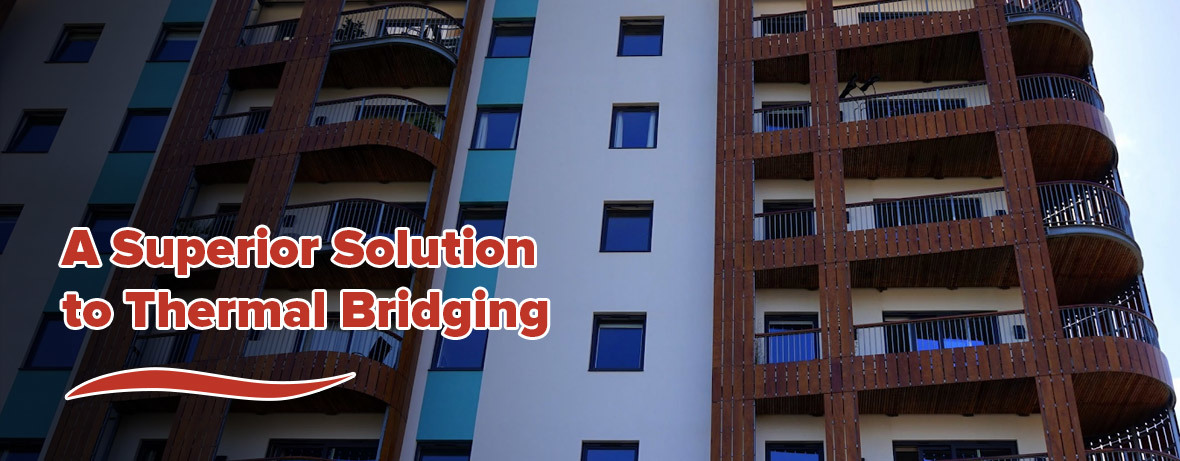
PHNX1/PALOS RESIDENCE
First Type II Non-Combustible, Net-Zero Home in the U.S. This home was designed, built and completed in less than 21 months with the same cost as a traditional build.

How Long Does It Really Take to Build a House?
Whether you’re building your dream home or a cozy cottage, knowing the timeline is essential. However, one of the first questions that come to mind is, “How long will it take to turn these blueprints into my home?” Understanding the timeline is crucial for planning, budgeting, and ultimately enjoying the process of watching your house come to life.

Pool House Construction: Costs, Materials, Plans, and More

The Ideal Design of a Fire-Resistant Building

A Superior Solution to Thermal Bridging

ICF Basements 101: Everything You Need to Know Before You Build

4 New Building Code Changes You Need to Know
Understanding new building codes is crucial for construction professionals and homeowners alike, especially with the increased frequency and intensity of hurricanes and tornadoes.

Top Tips for Building a FEMA Approved Storm Shelters

Tips for Designing ICF House Plans With a Walkout Basement

5 Alternative Building Methods that Can Improve Profits and Productivity
Improving profits without sacrificing quality — the ultimate goal of all homebuilders. Here are five alternative building methods that can improve your net profit margin by saving time and money.